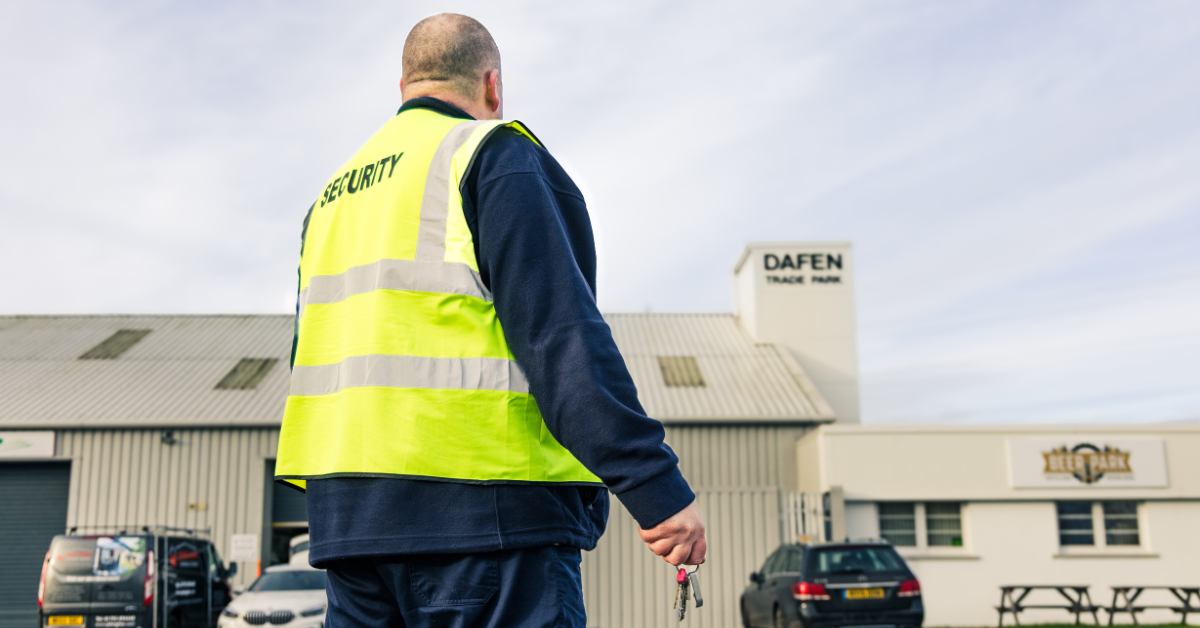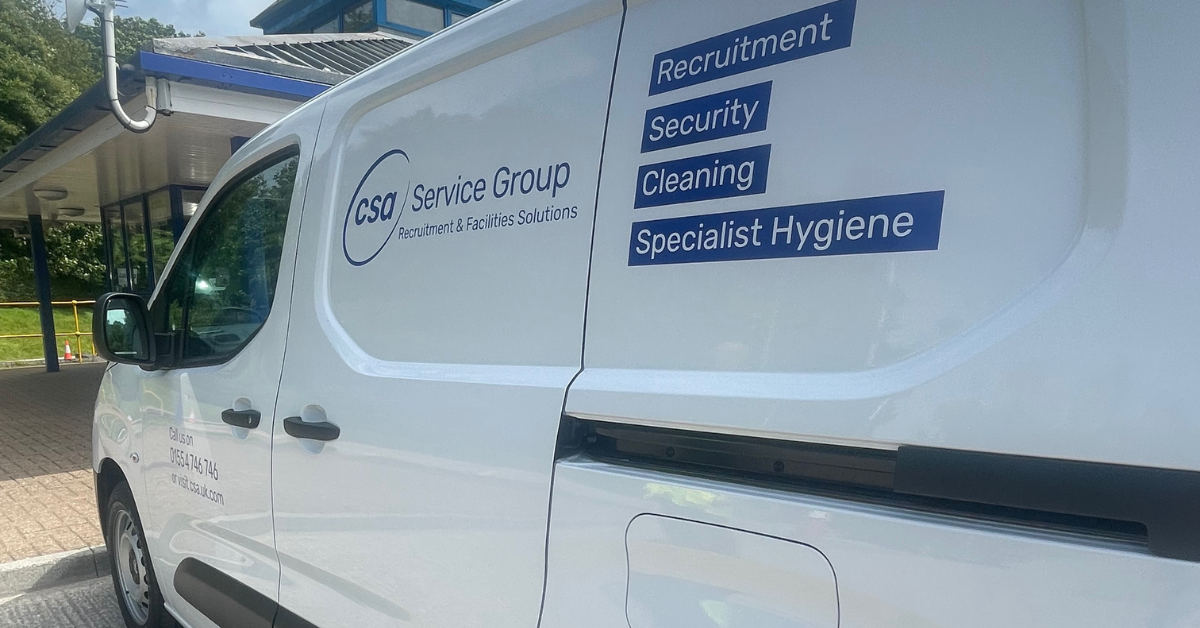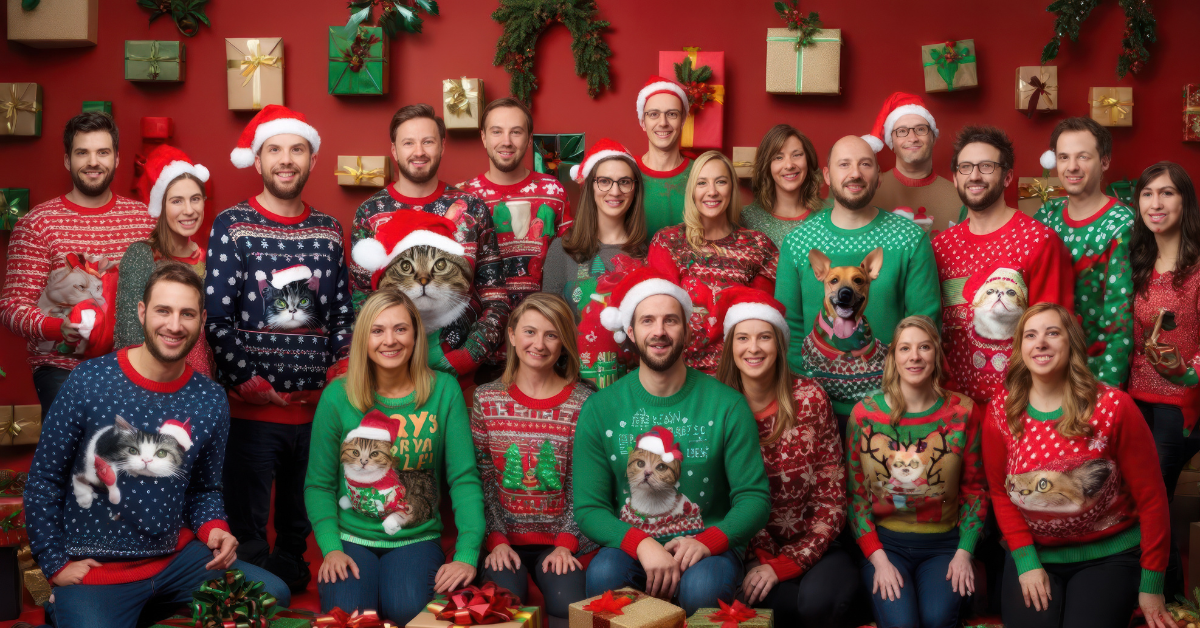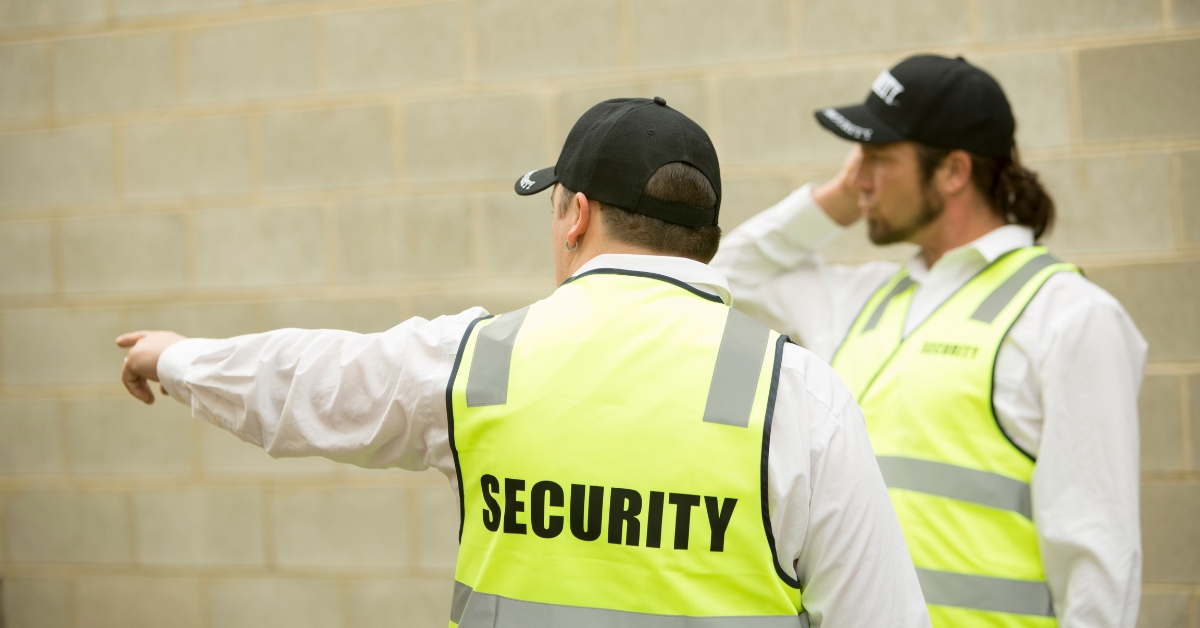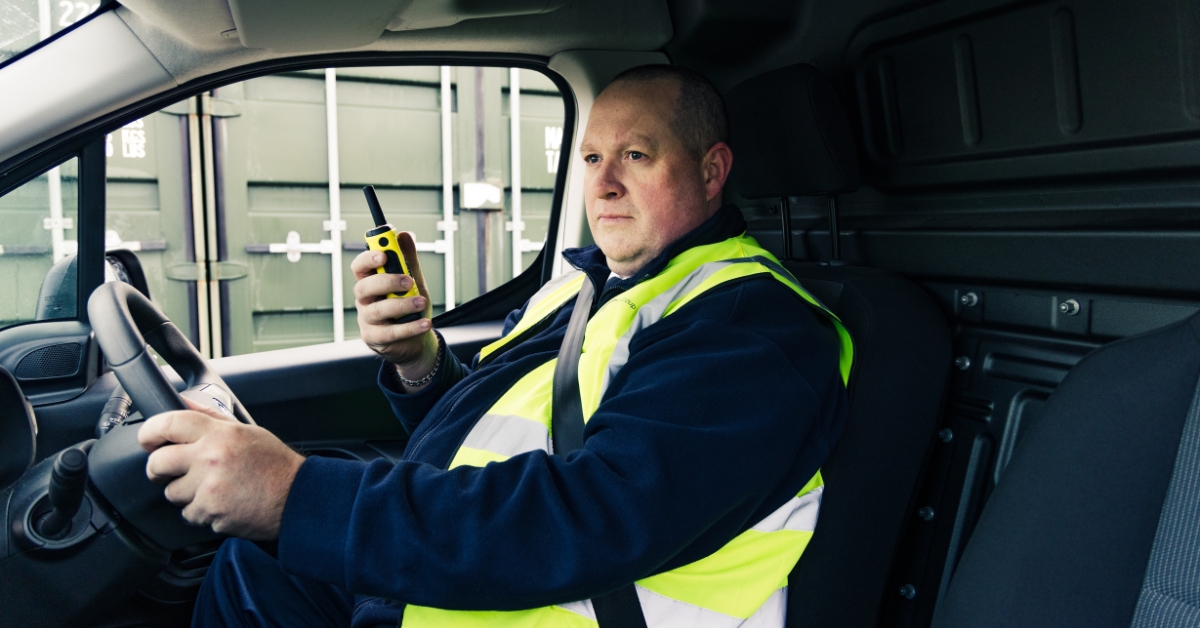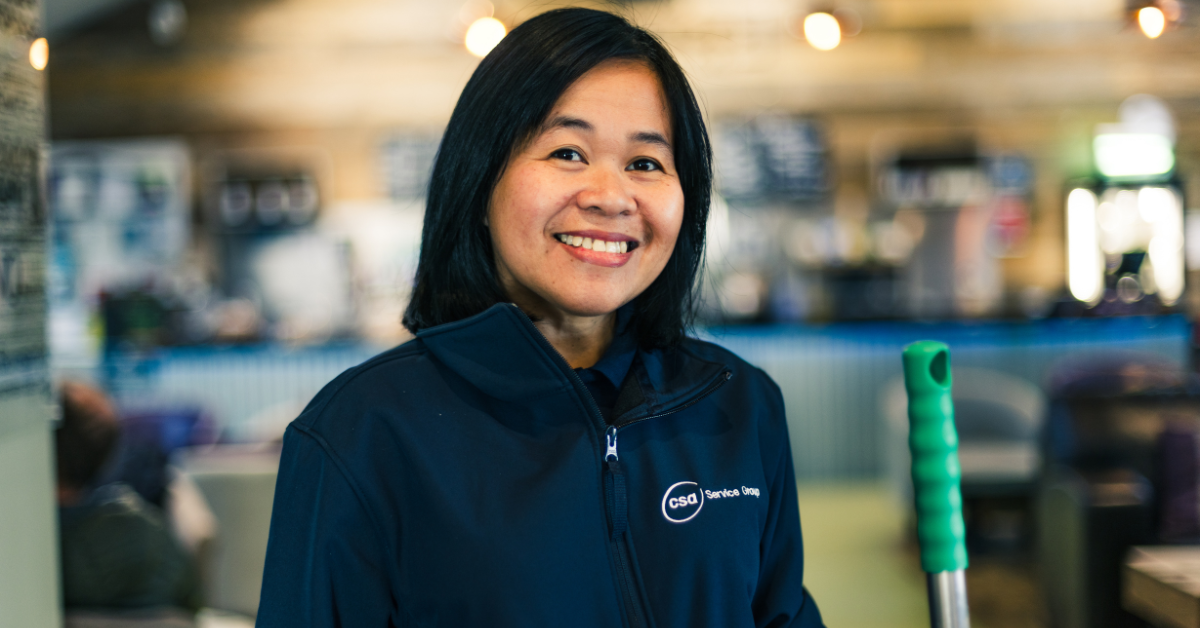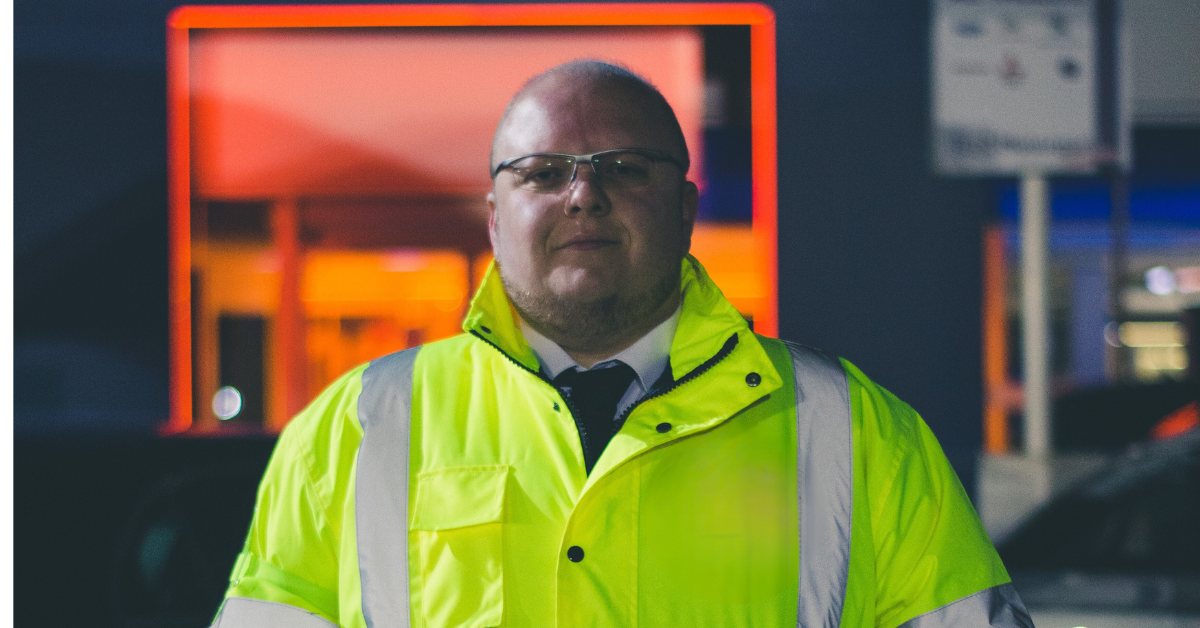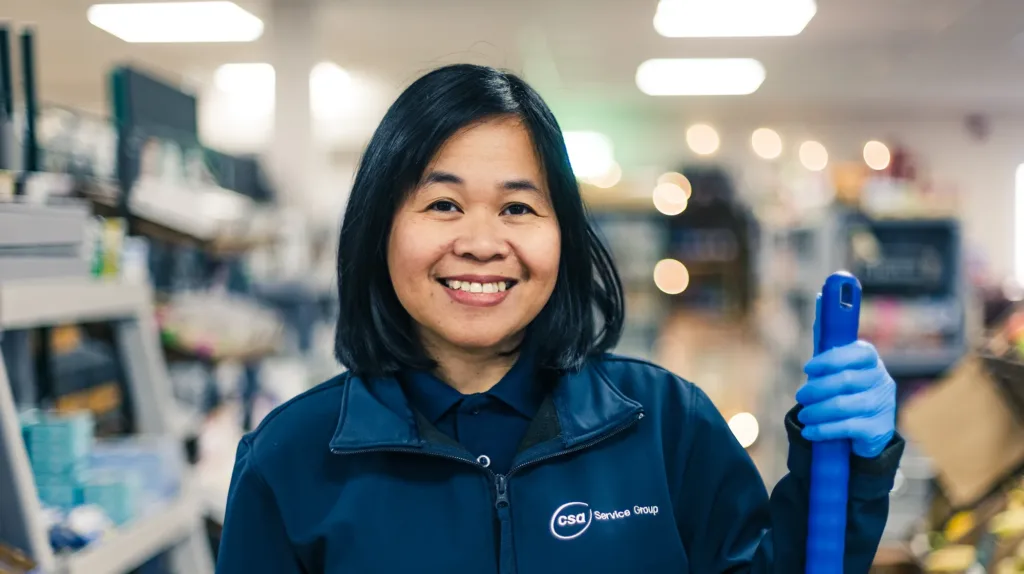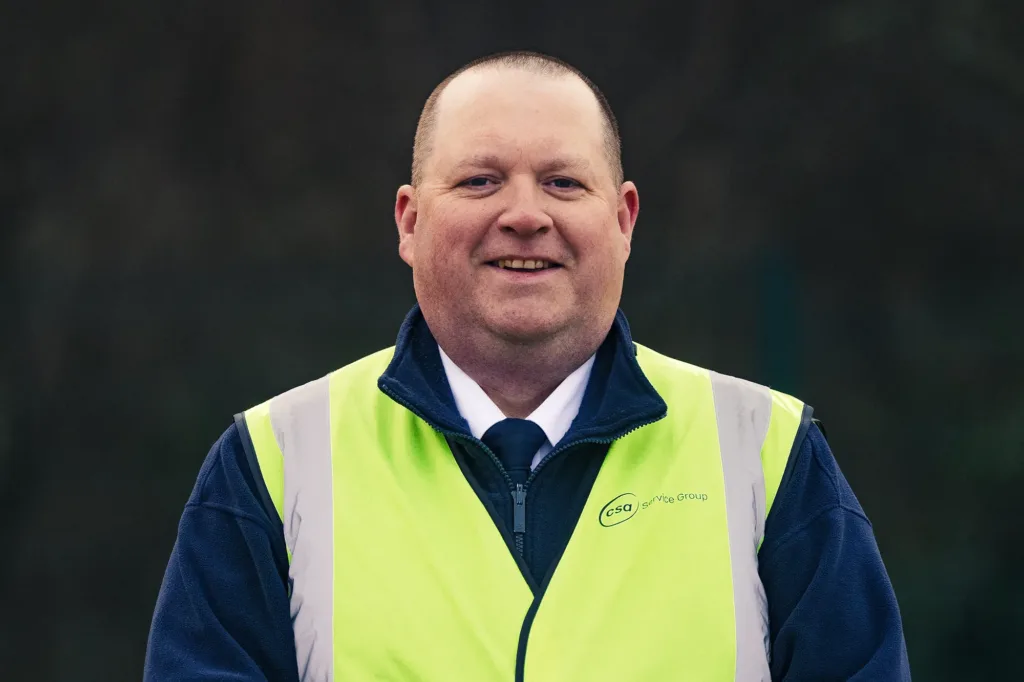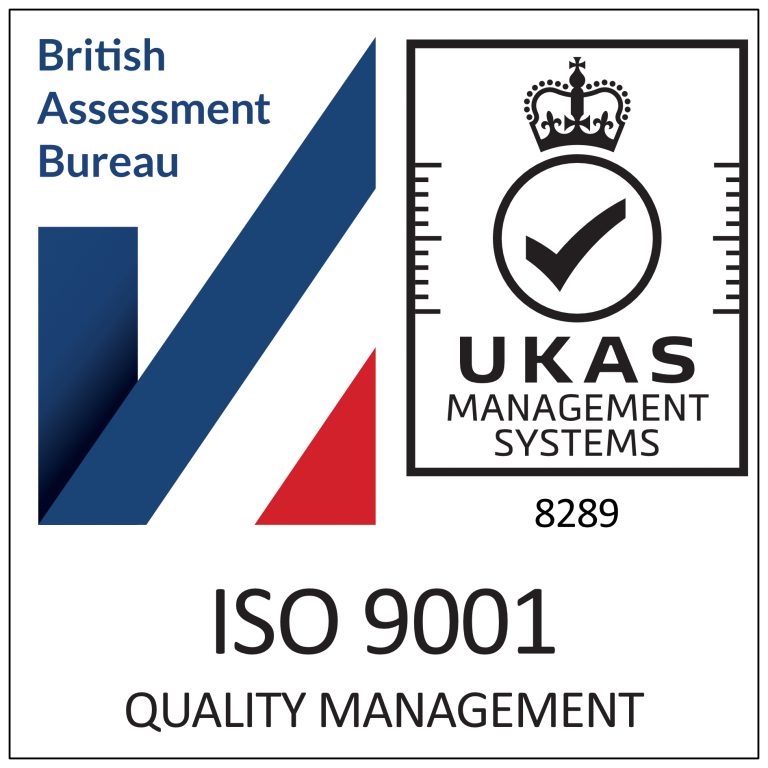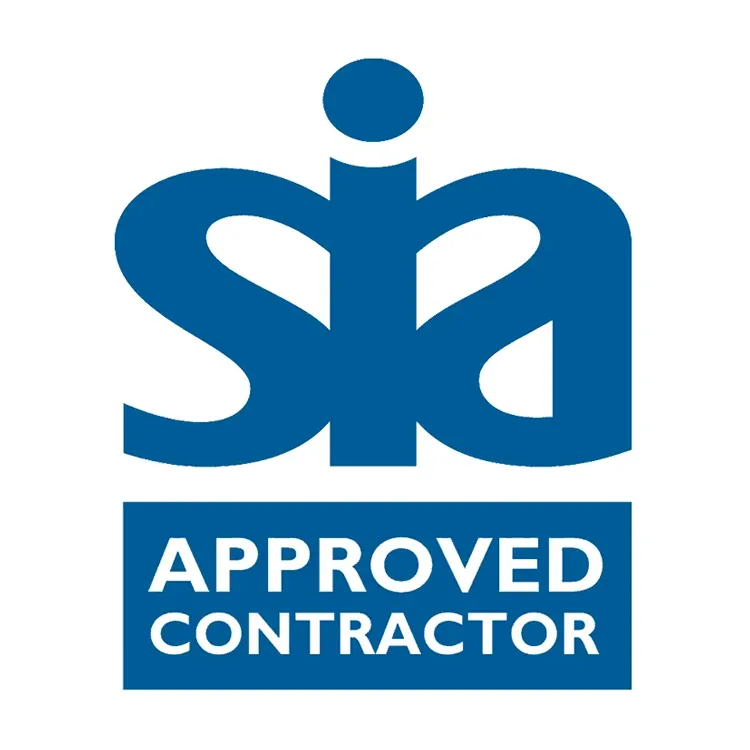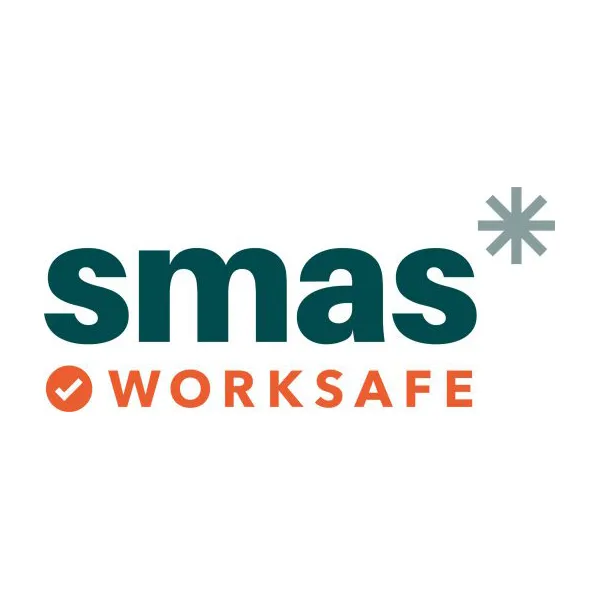Share This Article
Creating a professional security guard CV that stands out can be the difference between landing an interview and being overlooked. Whether you’re applying for a security officer position, a surveillance guard, or even a crowd control role, your CV needs to reflect your skills, experience, and qualifications clearly and effectively.
If you’re a security professional looking to advance your career or get hired in a competitive field, here are 7 essential things you need to include in your CV to make it shine.
1. Personal Information & Contact Details
The first step in building a solid CV is ensuring your contact details are clear and easy to find. This section should include:
- Full Name
- Phone Number (professional voicemail if applicable)
- Professional Email Address (avoid using informal email addresses)
- Location (mention city or region, but full address isn’t necessary unless asked)
- LinkedIn Profile or other professional portfolios (optional but highly recommended)
Make sure your contact information is up-to-date and visible at the top of your CV, so potential employers can reach you without any hassle. This is a MUST for any CV regardless of role, so employers will be expecting this.
2. Professional Summary or Objective
A strong Professional Summary should be brief (3-4 lines) and focused on your core skills and experience as a security guard. This is your chance to give the hiring manager a snapshot of your abilities and what you aim to bring to the role.
Here’s an example:
“Highly reliable and dedicated security professional with over 5 years of experience providing security for high-profile clients, large events, and corporate facilities. Skilled in surveillance, emergency response, and conflict de-escalation.
Your professional summary should be tailored to reflect the job you’re applying for, showcasing your key strengths in a few impactful sentences.
3. Key Skills for a Security Guard
In your Skills section, list the most important abilities required for a professional security guard. Employers are looking for candidates who can handle various situations with expertise and professionalism. These skills include:
- Surveillance & Monitoring (CCTV, alarm systems, etc.)
- Risk Assessment & Prevention (spotting potential threats)
- Emergency Response (dealing with fire, medical emergencies, etc.)
- Patrolling & Site Security (ensuring the physical security of the site)
- Customer Service (acting as a first point of contact, assisting clients)
- Conflict Resolution (handling aggressive behavior or disputes)
By adding specific skills that match the job description, you not only make your CV more attractive to recruiters, but you also boost its relevance for search engines.
4. Professional Experience
The Professional Experience section is one of the most important parts of your CV. Potential employers want to know what you’ve done in previous roles and how you’ve added value.
For each job position, list:
- Job Title
- Company Name
- Employment Dates (Month/Year)
- Key Responsibilities and Achievements
Be sure to highlight accomplishments that show your value. Use action verbs and quantify your results if possible (e.g., “Reduced security incidents by 30% through proactive monitoring and patrols”).
Example:
Security Officer
XYZ Security Services | January 2019 – Present
- Conducted regular foot and vehicle patrols to secure corporate premises.
- Monitored CCTV feeds and responded to incidents promptly, reducing response time by 20%.
- De-escalated conflict situations, maintaining a safe environment for employees and visitors.
- Assisted with emergency evacuations during fire drills and actual emergencies.
By providing specific details and outcomes, you demonstrate your capabilities and experience to potential employers.
5. Certifications & Training
In the Security Industry, specialized certifications are a must. Ensure you highlight all relevant training and certifications on your CV, as they show you’re a qualified professional. These could include:
- SIA License (Security Industry Authority)
- First Aid/CPR Certification
- CCTV Operator License
- Conflict Management & De-escalation Training
- Fire Safety Training
- Health & Safety Certifications
Be sure to list any industry-specific certifications that give you a competitive edge. Many employers will specifically look for these qualifications, so including them will enhance your CV’s appeal to hiring managers and improve its SEO ranking for terms like “SIA licensed security guard” or “first aid certified security officer.”
6. Education & Qualifications
While most security jobs emphasize experience and certifications, it’s still important to list any relevant education you’ve completed. For example:
- High School Diploma (if applicable)
- BTEC National Diploma in Public Services
- Degree in Criminal Justice (if relevant)
While not all roles will require a college degree, showing that you have a solid educational foundation demonstrates your ability to commit and learn new skills. You can also include any security-related training programs you’ve attended, even if they aren’t formal degrees.
7. References
While you don’t need to include references on your CV, it’s a good idea to mention that they are available upon request. However, it’s always a good practice to have at least two references lined up from previous employers or colleagues who can speak to your security experience and professional demeanor.
- Ensure your references are people who have directly observed your work in a security capacity.
- Reach out to them in advance to ask for permission before listing them.
If your references have specific industry-related expertise, such as being a former supervisor at a security firm, it can add credibility to your CV.
Conclusion: Why a Professional Security Guard CV Matters
A well-crafted CV not only helps you land more interviews but also highlights your qualifications, expertise, and dedication as a security professional. By focusing on these 7 essential sections, you’re showing potential employers that you have the experience, skills, and certifications needed to provide top-tier security services.
Remember, the more specific and tailored your CV is to the job you’re applying for, the better your chances of standing out in a competitive market. With the right keywords, industry-specific certifications, and strong professional experience, your CV will be optimized for both hiring managers and search engines.
Ready to Elevate Your Security Guard Career?
If you’re looking for a professional security guard position, make sure your CV includes these key elements. Once your CV is ready, it’s time to start applying for roles where you can showcase your expertise and make a difference in securing businesses and people.
Feel free to contact our team at CSA Service Group for advice on improving your security career. We are always looking for dedicated and skilled professionals to join our growing team!
Further Reading
